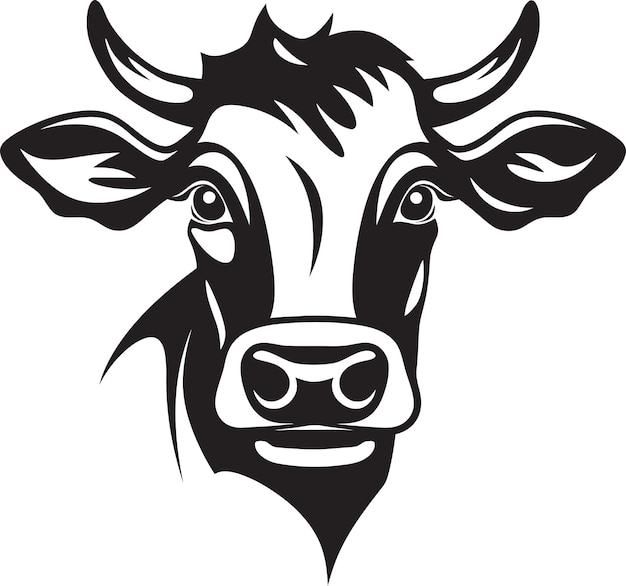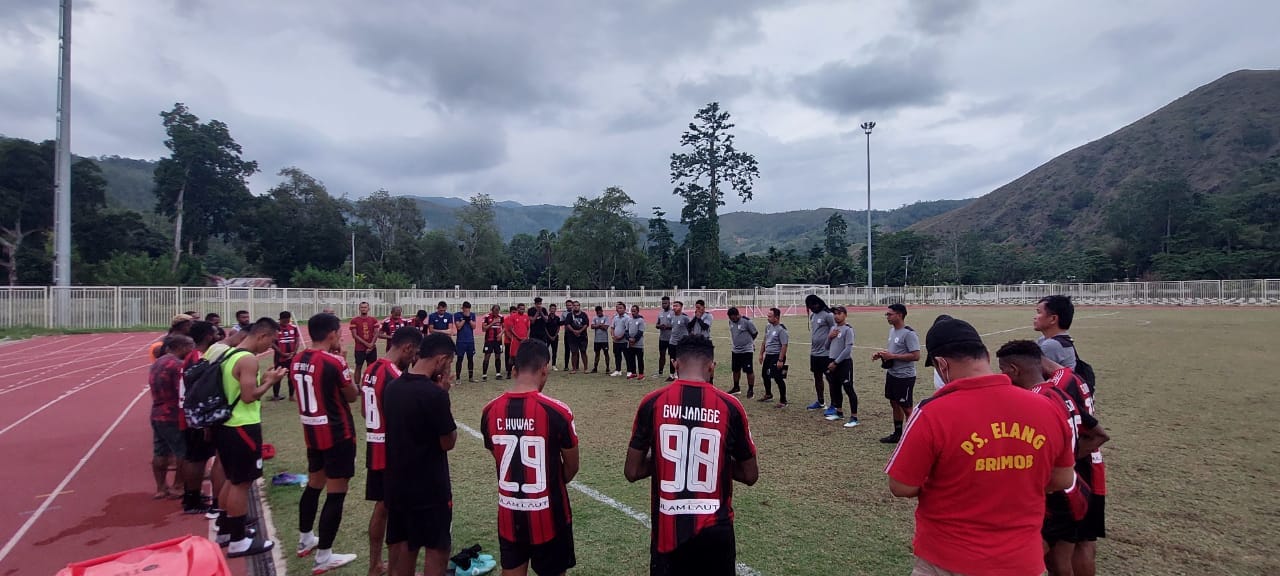The Role Of Campus Farm Animals In Student Life Cycle Education

Table of Contents
Experiential Learning and Animal Husbandry
Campus farm animals provide invaluable hands-on learning experiences in animal husbandry. Students gain practical skills through direct interaction with the animals, developing a deeper understanding of animal care and management.
Hands-on Experience
Direct involvement in the daily care of farm animals offers a wealth of practical experience. Students learn essential animal husbandry skills including:
- Improved animal handling skills: Safe and effective techniques for handling various species.
- Understanding animal behavior: Recognizing cues and adapting approaches to different animal personalities and needs.
- Development of empathy and responsibility: Cultivating compassion and understanding towards animals, fostering a sense of responsibility for their well-being.
These experiences translate into valuable life skills applicable far beyond the farm setting, fostering personal growth and building confidence. The ability to work effectively with animals, understand their needs, and manage them responsibly are transferable skills valued in numerous professions.
Understanding Animal Welfare
Caring for campus farm animals fosters a deep understanding of animal welfare and ethical considerations. Students learn about:
- Learning about animal diets: Understanding nutritional requirements and the importance of providing balanced and appropriate feed.
- Recognizing signs of illness or distress: Early detection of health issues allows for prompt intervention and improves animal health outcomes.
- Responsible breeding practices: Learning about ethical breeding methods and the importance of genetic diversity.
This emphasis on humane treatment connects directly to broader discussions of sustainability and ethical consumption, encouraging students to consider the impact of their choices on animal welfare and the environment. It promotes responsible citizenship and a conscious approach to interacting with the natural world.
Curriculum Integration and Interdisciplinary Learning
The presence of campus farm animals creates unique opportunities for curriculum integration across various disciplines, enriching the learning experience for students.
Science and Agriculture Curriculum
Campus farm animals serve as excellent resources for hands-on learning within science and agriculture courses. Examples include:
- Practical demonstrations of animal anatomy, physiology, and reproductive cycles: Direct observation of animal systems enhances theoretical learning.
- Hands-on learning in animal health and disease management: Students gain practical experience in diagnosing and treating animal ailments.
These practical experiences provide a concrete context for theoretical concepts taught in biology, zoology, animal science, and agriculture courses. For example, a veterinary science module could utilize the farm for practical training in animal examinations and treatments.
Social Sciences and Humanities Connections
Beyond the sciences, campus farm animals offer valuable insights into social sciences and humanities courses. The farm can enrich learning in:
- Discussions of food systems: Understanding the complexities of food production and distribution, from farm to table.
- Rural livelihoods: Exploring the economic and social aspects of agriculture and rural communities.
- Animal rights and human-animal interactions: Engaging in critical discussions about ethical considerations related to animal use and welfare.
The campus farm provides a real-world context for exploring abstract concepts, encouraging critical thinking and fostering informed discussions about complex societal issues. For instance, sociology students could study the social dynamics of farm communities, while ethics classes could debate the moral implications of animal agriculture.
Promoting Holistic Student Development
The presence of campus farm animals on campus contributes significantly to students' overall well-being and personal growth.
Improved Mental and Physical Well-being
Interacting with animals has demonstrable therapeutic benefits:
- Stress reduction: Studies show that interacting with animals lowers cortisol levels and reduces stress.
- Improved mood: Animal companionship can boost serotonin and dopamine levels, leading to improved mood and emotional well-being.
- Increased physical activity: Farm work involves physical activity, promoting healthy lifestyles.
The calming presence of animals and the physical activity involved in farm work contribute to a more balanced and healthy student life. This is supported by research indicating the positive impact of animal-assisted therapy on mental health.
Community Building and Engagement
Campus farm animals can play a significant role in fostering community:
- Volunteer opportunities: Students can contribute to animal care and farm maintenance, fostering teamwork and community involvement.
- Community events: The farm can host events such as open days, workshops, and farm-to-table dinners, creating opportunities for interaction with the wider community.
- Farm-to-table initiatives: Fresh produce from the farm can be used in campus dining halls, showcasing the farm’s contribution to sustainable food systems.
These initiatives foster a sense of community among students, staff, and the local community, strengthening relationships and building a shared sense of purpose.
Conclusion
Incorporating Campus Farm Animals in Student Life Cycle Education offers numerous benefits. From providing valuable hands-on experiential learning opportunities in animal husbandry and related sciences to enriching curriculum across multiple disciplines and promoting holistic student development, the positive impact is undeniable. These animals foster community engagement, contribute to improved mental and physical well-being, and instill a deep appreciation for ethical animal care and sustainable practices. We urge educational institutions to explore the potential of integrating campus farm animals into their educational programs and support existing initiatives that utilize this valuable resource for enriching student learning. The positive impact of campus farm animals in student life cycle education is undeniable, and we believe more institutions should adopt this model.

Featured Posts
-
 Italian Open Aryna Sabalenka Through To Round Of 32
May 13, 2025
Italian Open Aryna Sabalenka Through To Round Of 32
May 13, 2025 -
 Reaktsiya Kostyuk Na Smenu Grazhdanstva Kasatkinoy Rukopozhatie Na Korte
May 13, 2025
Reaktsiya Kostyuk Na Smenu Grazhdanstva Kasatkinoy Rukopozhatie Na Korte
May 13, 2025 -
 Persipura Butuh Kamu Kakanwil Papua Ajak Dukung Tim Mutiara Hitam
May 13, 2025
Persipura Butuh Kamu Kakanwil Papua Ajak Dukung Tim Mutiara Hitam
May 13, 2025 -
 Sobolenko I Skandal V Madride Kommentarii I Posledstviya
May 13, 2025
Sobolenko I Skandal V Madride Kommentarii I Posledstviya
May 13, 2025 -
 Islanders Claim Top Pick In Nhl Draft Lottery Sharks Pick Second
May 13, 2025
Islanders Claim Top Pick In Nhl Draft Lottery Sharks Pick Second
May 13, 2025
